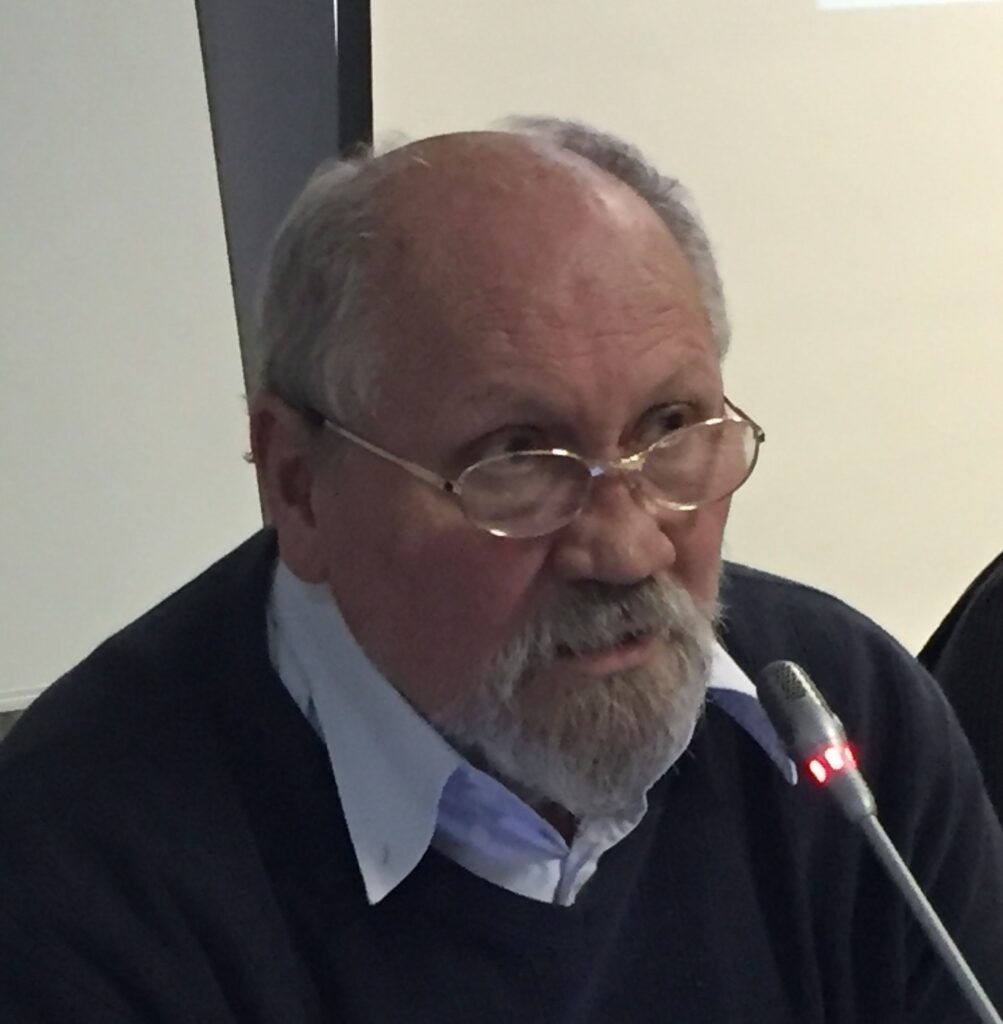Who is “on board”: how many individuals and/or organisations are advocating the topic in your country and do you form partnerships?

The idea of the reduced working hours is very much connected to combat unemployment. The talk now is about what governments can do to counter recession once other policy options have been exhausted. A former economic heresy – the reduction of working hours – may offer policy- makers an additional tool to prevent the economic downturn turning into a depression. In the early 2000s several ATTAC Groups (e.g. in Germany and Austria) – as an alternative and complementary strategy to Unconditional Basic Income (UBI) started to work on the concept of a 30 hours week for Europe (with compensation of wages and personnel).
Who do you encounter as opponents and what are their counterarguments?
Competitiveness is the precondition of the reproduction of capital with sufficient profit. Reproduction of capital with sufficient profit allows new investments with the purpose of either increasing production on the same technological level or upgrading technology – investments, which are the preconditions of preserving competitiveness. New investments result in the accumulation of capital. Market competition, competitiveness, reproduction of capital with sufficient profit, accumulation of capital – are different approaches to the same thing, namely capitalism.
What is the public opinion on the working time reduction in your country? Is it favourable?
The key question here is the isolation. The basic form of separation is the private property, of course, but the situation can also be imitated by corporate autonomy, self-management, employee ownership, municipal ownership, etc. These are exactly the same types of separation.
What is your next step in the campaign? And what are your short-term, medium-term and long-terms objectives?
Our short and medium-turn objective is a slow but steady move towards a 30-hour week for all workers in the age of robotics. This will help solve a lot of connected problems: overwork, unemployment, overconsumption, high carbon emissions, low well-being, entrenched inequalities and the lack of time to live sustainably, to care for each other and simply to enjoy life.
People working shorter hours generally have a smaller ecological footprint. If you are tied to the workplace for 40-plus hours, you don’t have much time for the rest of your life. So things have to speed up. You travel by plane or car instead of train, foot or bike. Convenience-driven consumption takes a heavy toll on the environment. Workers on shorter hours tend to be more productive hour-for-hour. They are under less stress, they get sick less often and they make a more loyal and committed workforce. Our final long-term goal is to build up a socialist, beyond-capitalist world.